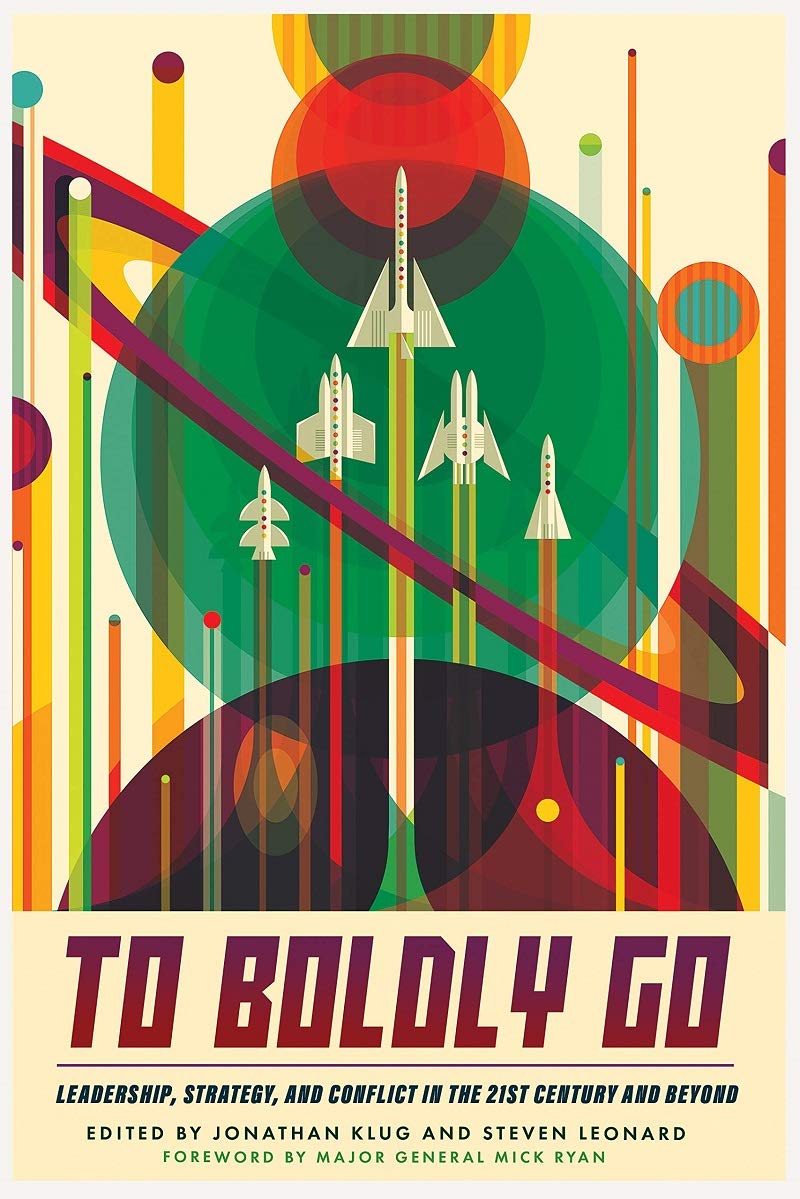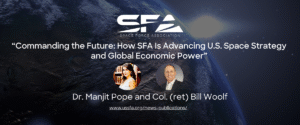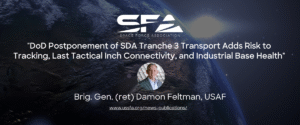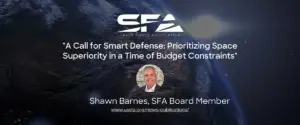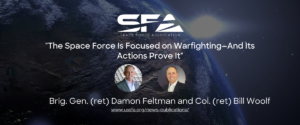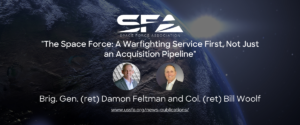
To Boldly Go: Leadership, Strategy, and Conflict in the 21st Century and Beyond is an exceptional collection of studies on leadership and strategy culled not from fact, but from fiction. Mastery in the art of war – or business, or life – requires deliberate study. Most often this comes in the form of non-fiction: biographies, histories, science, and theory. Yet in our age, leaders and strategists must synthesize their knowledge to solve new problems or old problems in new ways. Science fiction, being speculative by nature, provides countless opportunities for meaningful analysis.
The author editors of the collection have succeeded in making the book both entertaining enough to be accessible to any reader and insightful enough to be valuable to even the most experienced professionals. In addition to writing several pieces themselves, they tap a diverse assortment of writers — including a celebrity or two — to distill what one Air Force leader calls “lessons from an unusual source.”
Science fiction has gained recognition as a valid genre for serious military professionals. The Commandant of the Marine Corps included Starship Troopers on his official reading list in 2011, Joint Forces Quarterly published “The Godzilla Methodology” in 2014, the Sergeant Major of the Army kicked off his 2016 book club with Ender’s Game, and Ghost Fleet is now on the Chief of Naval Operations’ reading list.
There are many reasons for this recognition. Across all media — books, games, movies, shows — creators often use fiction to explore timeless and contemporary issues of behavioral psychology, politics, and conflict. Distinct from other sub-genres, science fiction often tells stories that explore our relationship with technology and potential sources of future conflict, providing particularly relevant thought experiments or historic analogs for military futurists.
Each piece expertly taps one or more popular titles and uses their narratives and characters to examine one of six themes: leadership, strategy, ethics, the continuum of conflict, technology, and toxic leadership. What can you learn about force vs. nuance from Leia? What can America learn about disenfranchised populations from the Romulans example? What does Deep Space Nine teach us about the significance of fixed fortifications? How can real leaders learn from larger- than- life heroes like Ender Wiggin or Paul Attreides?
While sci-fi fans will certainly enjoy the many deep cuts and broad swath of references, the book is accessible even to readers with only a passing awareness of science fiction. Big name franchises like Star Trek, Star Wars, and Battlestar Galactica will certainly be familiar to most, though they are, perhaps, overused. There are some missed opportunities, like Halo, Mass Effect, or Homeworld. The editors themselves have favorites that were omitted, but the book still contains a delightfully comprehensive cross-section. Most importantly, the editors took care to ensure that all references are explained sufficiently so that their significance is understood whether the reader is familiar with the reference or not.
The result is a book that anyone can pick up, read for 15 minutes, and repeat–, always getting a few nuggets of wisdom and, often, a smile. The essays are, more than anything, catalysts of learning. The authors ask hard questions, recommend additional sources, and inspire critical thinking as often as they espouse their own conclusions.
In a time when organizational leaders and even the most diligent students of war and organizational leaders are more likely to be read The Expanse or watch Dune than to pick up On Killing, To Boldly Go is highly effective at exploiting popular culture to trigger critical thinking about the right way to lead, plan, and prepare for an uncertain future.
Grab a copy, start reading, and prepare yourself for all the “undiscovered countries…”

